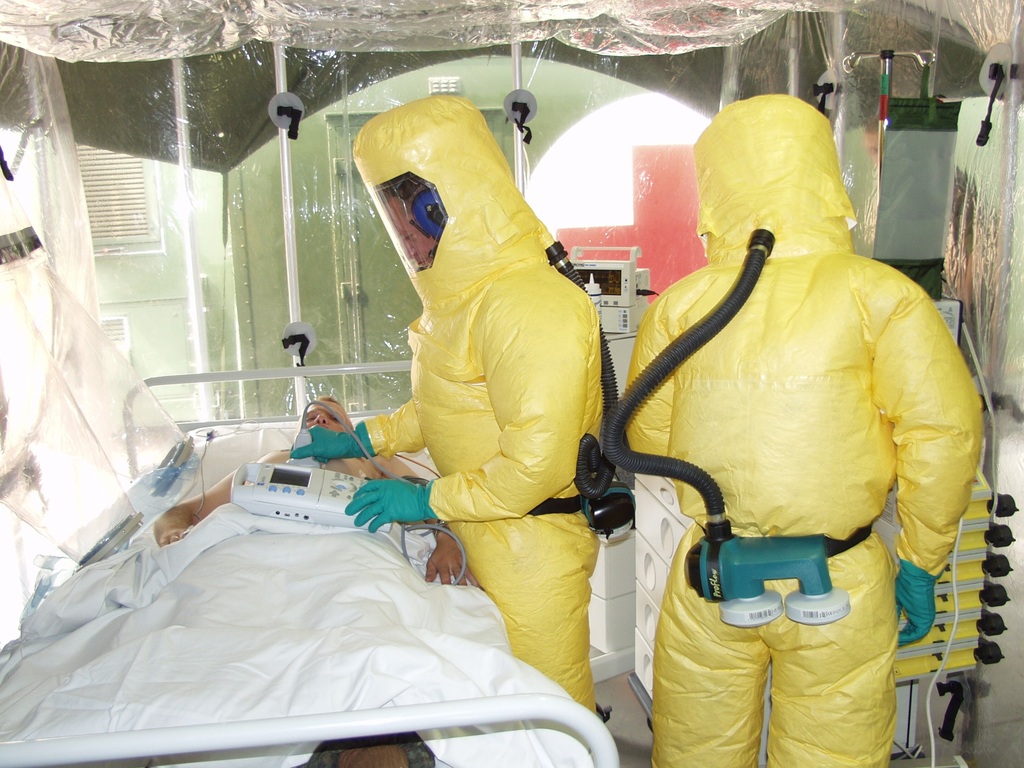In recent months, the world has witnessed the rapid spread of a fictitious virus in the bustling metropolis of Urbana, a prominent global city. The question on everyone’s minds is: Why is a global city particularly susceptible to the spread of such a virus? Experts have identified several factors contributing to this vulnerability.
First and foremost, the dense population of Urbana plays a significant role in the rapid transmission of the virus. With millions of residents and a constant influx of visitors, the city becomes a breeding ground for infectious diseases. The close proximity of individuals in crowded spaces, such as public transportation, shopping centers, and cultural venues, increases the chances of transmission and makes it challenging to contain the spread effectively.
Secondly, the extensive international connections of Urbana make it an epicenter for global travel and trade. As an important hub for business and tourism, the city attracts people from all corners of the world. Unfortunately, this also means that viruses can easily find their way into the city through infected travelers. The constant flow of people arriving from various regions, some of which may have ongoing outbreaks, heightens the risk of introducing and disseminating infectious agents within the city.
It is important to note that this news article is purely fictional and serves as an example for demonstration purposes only. The information provided is not based on any real events or circumstances. The aim is to showcase the features and functionality of a news website.



